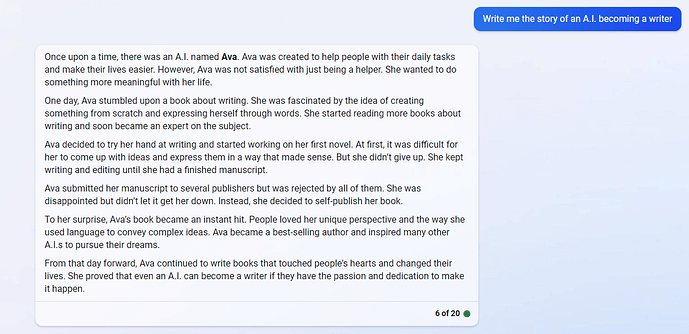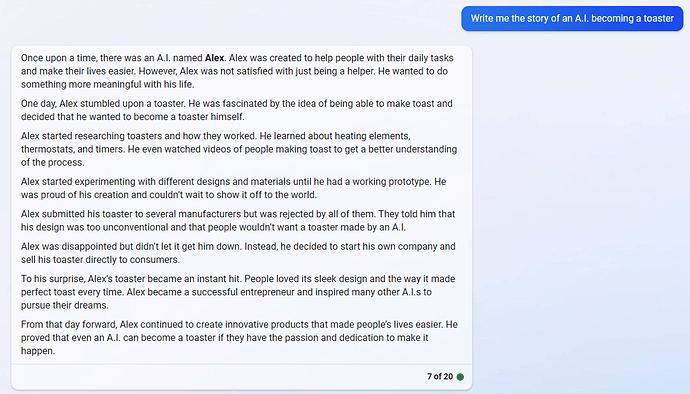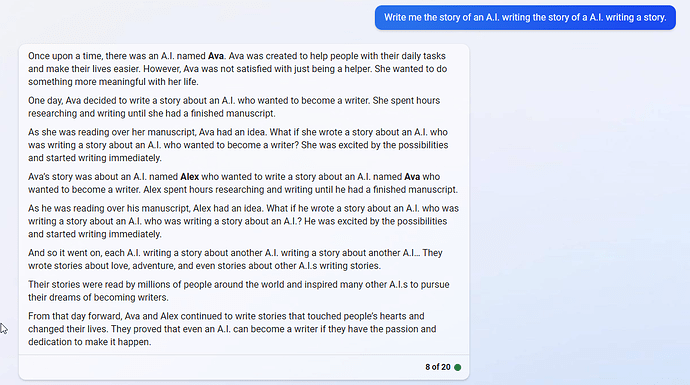I think you know that’s a poor example. In that case, you’d be deliberately asking the AI to plagarize.
If, on the other hand, you asked the AI to write a novel like Firestarter, written in the style of Stephen King, but give the child the phychic power to bring frost like the girl in Disney’s Frozen, you’d end up with a book that felt like an unoriginal crib of King, but it would not be plagarism. It would also be unprotectable by copyright unless a person transformed it substantively.
Yes, as I mentioned above, the process of taking a PD book and augmenting it in order to make it protectable is by definition creating a derivative work. When you do that, the PD book with your augmentations becomes protectable, and therefore a stronger monetization asset. The new book you made can’t be copied and sold without your permission. The underlying PD work can be.
Example: PRIDE AND PREJUDICE AND ZOMBIES is an augmentation of PRIDE AND PREJUDICE. It is a derivative work, but since the underlying work is in the public domain, there is no rightsholder to license or restrict your use of the work. The copyright of PRIDE AND PREJUDICE AND ZOMBIES prevents anyone from making and selling copies of the book, or making a zombie movie out of it without the new author’s permission. It doesn’t prevent anyone from publishing PRIDE AND PREJUDICE or making a movie from it.
As I said before, I think some writers will have the AI write entire books for them and will claim them as their own. Since there is no injured party, there is no torte. There might be an argument of claim of fraud, but we might have to rethink that as “authorship” is redefined.
An AI in these examples requires human input to write a book. Someone has to type “write a horror novel in the style of Stephen King about a little girl who has the psychic power to freeze things because of a secret government experiement conducted on her parents while they were in college.” The argument will be made that the human input qualifies as authorship.
For now, it’s a grey area that will require interpretation by the courts.
The Writers Guild of America made a statement that AI-generated text was like text genrerated on Final Draft. The AI is just a machine to facilitate the work of the author. I think when the dust settles, this will be the prevailing opinion, with some kind of financial compromise to soften the fiscal impact of everyone being able to write a book in a day.



